Who will be the next pope – and how does the conclave work?
Majority of Catholic cardinals preparing to vote for new pontiff have no experience of conclave and are 'less predictable than ever before'
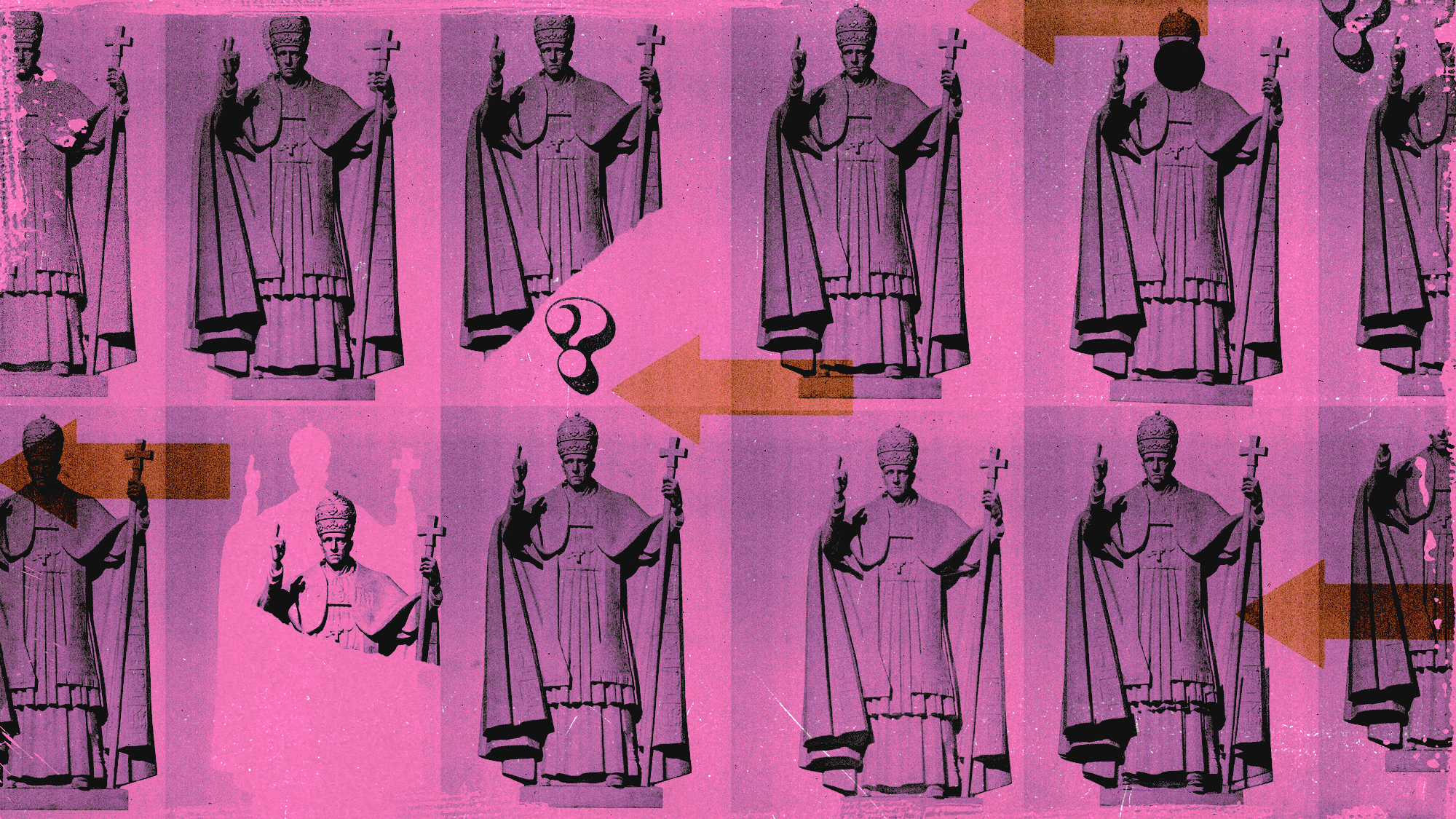
A free daily email with the biggest news stories of the day – and the best features from TheWeek.com
You are now subscribed
Your newsletter sign-up was successful
The cardinals of the Catholic Church arrived at the Vatican's Apostolic Palace to begin the conclave, the secretive process of electing a new pope.
The 133 eligible voting cardinals who will be shut up in isolation in the Vatican until a new pope is elected have "sworn an oath" to keep the details of the process "under wraps for life", said the BBC. The Vatican goes into "total lockdown": the cardinals are unable to contact the outside world, and surrender all electronic devices on entry. The area is also "swept for microphones and bugs" to prevent any leaks.
The death of Pope Francis, who was laid to rest last month, has sparked a succession battle pitting conservatives against progressives. The cardinals who will vote for the next leader of the world's 1.4 billion Catholics are "less predictable than ever before, with the vast majority having no experience of a papal conclave", said The Guardian. "A much wider geographic spread of cardinals adds to the uncertainty."
The Week
Escape your echo chamber. Get the facts behind the news, plus analysis from multiple perspectives.

Sign up for The Week's Free Newsletters
From our morning news briefing to a weekly Good News Newsletter, get the best of The Week delivered directly to your inbox.
From our morning news briefing to a weekly Good News Newsletter, get the best of The Week delivered directly to your inbox.
For now, "there is no leading candidate", said The Telegraph. "There are so many variables, and the process is so opaque, that forecasting a winner is a risky business."
Typically, a conclave is held 15-20 days after a papal vacancy, according to the US Conference of Catholic Bishops.
A conclave lasts as long as it takes for one candidate to receive two-thirds of the cardinals' votes. The longest in history took nearly three years with the election of Pope Gregory X in 1271 while Pope Francis was elected in just one day in 2013.
How is a new pope chosen?
The rituals surrounding the papal succession date back centuries, but the process has been given a modern revamp after a team of Catholic journalists and researchers compiled a new online guide to every cardinal who will choose the next pontiff.
A free daily email with the biggest news stories of the day – and the best features from TheWeek.com
The College of Cardinals Report — a "slick, interactive website", said Crux — features details of all 252 cardinals, including where they stand on issues such as ordaining female deacons, blessing same-sex unions and making priestly celibacy optional.
Out of the 252 cardinals listed in the report, 135 of them are currently under the age of 80 and so eligible to participate in the conclave.
After the death or resignation of a pope, the cardinals are called to convene in the Sistine Chapel in the Vatican, where they take an oath of secrecy and are isolated from the outside world. During this time, they can discuss the merits of likely candidates. Open campaigning is not allowed, said the BBC, but it is "still a highly political process".
Voting is held through a series of secret ballots, with each cardinal elector writing a name of choice on a piece of paper. A two-thirds majority is required for any cardinal to win, although if the number of cardinal electors is not divisible by three, one additional vote is required. Four rounds of ballots are held each day until one man receives the required majority. Ballot papers are burnt after each session, giving off smoke that can be seen by onlookers outside. If the smoke is black, the cardinals have failed to reach a decision. White smoke signifies that a new pope has been chosen.
What is the conclave?
The group of cardinals who form the conclave that selects next pope "truly is is the world's most powerful electorate" for its size, said the Financial Times. Francis – the first non-European pope since the eighth century – did a "great deal to shape the choice" of the upcoming conclave. Of the 133 cardinals under 80, the vast majority have been appointed by him, according to America magazine. The total number of electors is technically supposed to be capped at 120, but Francis is not the first pope to go over the limit.
Most of the cardinals will have little inkling of the prospective papal candidates ahead of the conclave, said the College of Cardinals Report. Voting for a pope is not like voting in a political leadership contest, where the candidates are publicly scrutinised, often ad nauseam. A small number of the conclave will be curial cardinals, working in the Roman Curia that assists the pope in carrying out his governance of the Church, but the majority will be archbishops, serving in dioceses around the world.
Francis "revolutionised" the College of Cardinals by passing over large archdioceses like Los Angeles, Venice and Milan "in favour of picking men from the peripheries who reflect his pastoral orientation and concern for the poor", said America magazine. "The result will be a conclave very different from the one that elected him. It will be less Italian, less European and less curial but will be more Asian and African."
Whoever becomes the next pope, bookmakers believe there is a 50% chance he will be known as Francis II. Other names being touted include John Paul, Leo and John.
Who are the front runners?
For many Catholic commentators, overt speculation on who the next pope might be while the current one is still alive is disrespectful. But following Francis' death, talks have been turbocharged on the potential papal candidates — known in Italian as the papabili. The front runners span a spectrum of backgrounds and ideological standpoints, so the conclave's eventual choice could well change the future direction of the Church.
But the unpredictability of the process, in which cardinals are sequestered for days of voting, means that all speculation is flawed, said US Catholic. They "do a lot of praying to the Holy Spirit, who is full of surprises".
Cardinal Pietro Parolin, Italy: A "consummate Vatican diplomat", 70-year-old Italian cardinal Pietro Parolin served as Pope Francis' secretary of state and is the current favourite to succeed him. He is known for brokering both the US-Cuba thaw, 10 years ago, and the 2018 Vatican-China agreement. Given current geopolitical volatility, the cardinal electors might well see the need for a diplomat, said US Catholic. For 11 years he has survived Francis' "regular savage reshuffles", said Damian Thompson in The Spectator. "He is regarded as a moderate who would be able to repair the damage caused by his boss's outbursts and vendettas."
Cardinal Luis Antonio Tagle, Philippines: Filipino cardinal Luis Antonio Tagle, 67, has long been a leading papabili among Vatican watchers and bookmakers. He is "media-savvy, charismatic, and joyful" said US Catholic. If elected, he would be the first Asian pope and the "first truly fluent English-speaking pope in history" (at least since Adrian IV, who was born in Hertfordshire and held the office in the 1150s). Cardinal Tagle is comfortable showing emotion and has a playful, folksy manner, said the College of Cardinals Report. His left-leaning politics are similar to Pope Francis' relatively progressive views on social justice issues.
Cardinal Peter Turkson, Ghana: Multilingual biblical scholar Cardinal Peter Turkson, 76, has been described as charming and softly spoken and has long been considered a front runner. However, his relatively liberal views on homosexuality, ecology and social justice put him at odds with some fellow cardinals as well as bishops in his own country of Ghana. While there is enthusiasm for electing a pope from Africa, where the Catholic population is growing, Cardinal Turkson is not generally seen as a unifying candidate.
Cardinal Péter Erdő, Hungary: An award-winning scholar and intellectual, Cardinal Péter Erdő, 72, is more conservative than the current pope and is seen as a potential "consensus choice", said US Catholic. He was brought up under a communist regime — his family fled Hungary with just the clothes on their backs when invading Soviet troops burned down their house in 1956 — and he has since overseen his country's church while Hungarian democracy slides into autocracy, "a possibly applicable skillset these days".
Cardinal Matteo Zuppi, Italy: The 69-year-old Archbishop of Bologna is a "progressive who is regarded as having been close to Francis", said The Telegraph. His extensive experience of conflict resolution saw him named Francis' peace envoy for the war in Ukraine. However, his relative youth "may count against him" as cardinals "could be wary of appointing someone whose papacy could last for many years, concerned that the direction he takes the Church would become too entrenched".
Cardinal Pierbattista Pizzaballa, Italy: The 60-year-old Latin Patriarch of Jerusalem was only appointed a cardinal in 2023, but "has gone from a left field option in the conclave to one of the favourites", said The Independent. Fluent in Italian, Hebrew and English, he has spent decades leading Catholics in the Middle East, putting him in the spotlight at a time when events in Israel and Gaza are at the forefront of world and Church politics. "As well as being a heroic figure with a keen ability as a diplomat he is also a leading Biblical scholar", but his election as pope would be a "significant geopolitical statement by the Church, especially at a time it has been highly critical of Benjamin Netanyahu's government".
And the wild card…
Cardinal Mykola Bychok, Ukraine: The 45-year-old Eparch of Saints Peter and Paul of Melbourne was made a cardinal by Pope Francis last year. He has "spoken eloquently about the suffering of his fellow Ukrainians in the current war with Russia, and his Australian flock is largely composed of Greek Catholic refugees from the Balkan War and the conflict with Russia that broke out in 2014", said Daniel Gallagher, a former Latin Secretary to Popes Benedict XVI and Francis and now lecturer in literature and philosophy at the US' Ralston College, in Crisis magazine. Is Bychock too young to occupy the throne of St Peter? "History says no," and Francis seemed to say the same.
-
 Political cartoons for February 15
Political cartoons for February 15Cartoons Sunday's political cartoons include political ventriloquism, Europe in the middle, and more
-
 The broken water companies failing England and Wales
The broken water companies failing England and WalesExplainer With rising bills, deteriorating river health and a lack of investment, regulators face an uphill battle to stabilise the industry
-
 A thrilling foodie city in northern Japan
A thrilling foodie city in northern JapanThe Week Recommends The food scene here is ‘unspoilt’ and ‘fun’
-
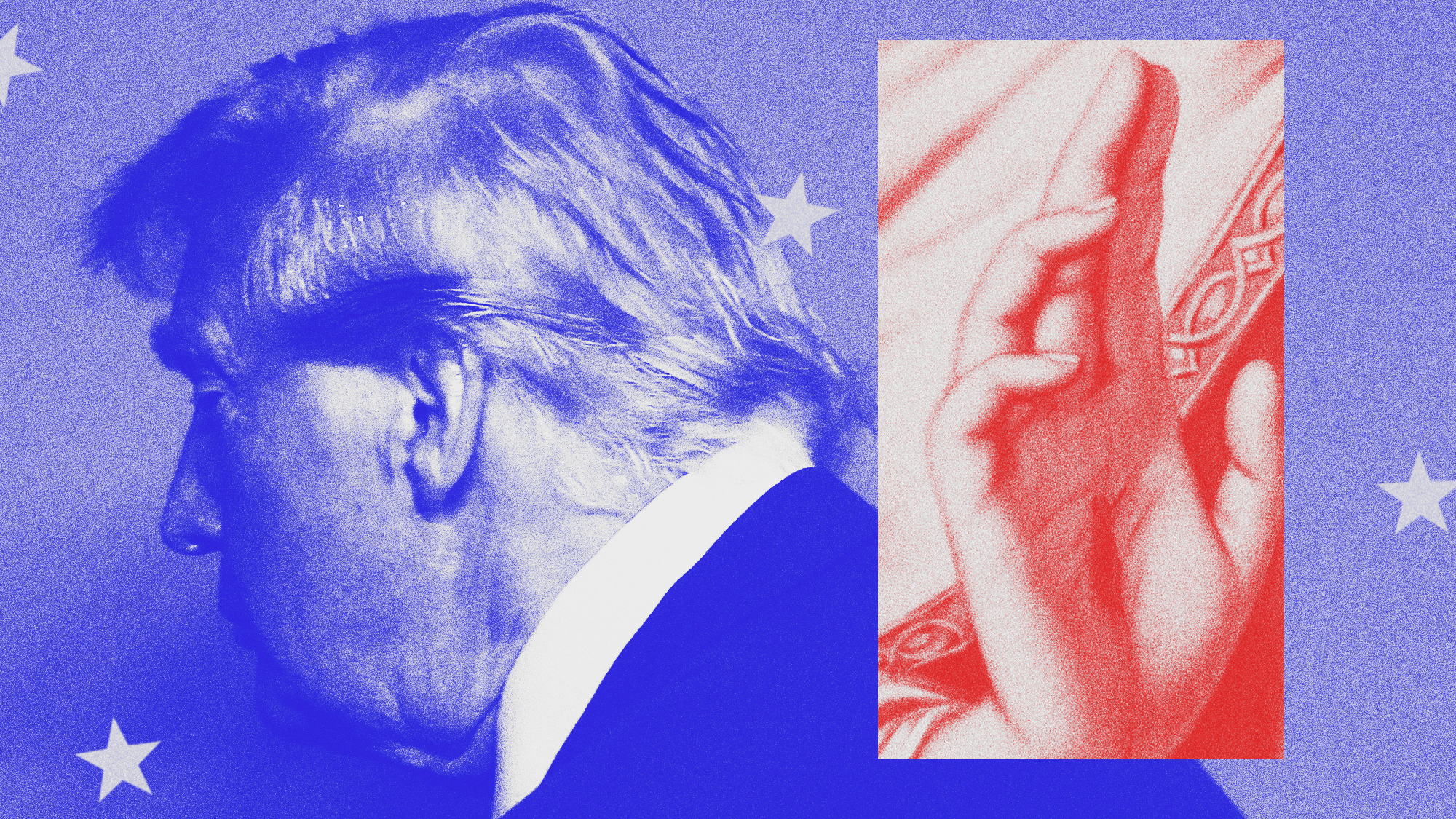 Is the Catholic Church taking on Trump?
Is the Catholic Church taking on Trump?Today's Big Question Pope calls for ‘deep reflection’ on immigration
-
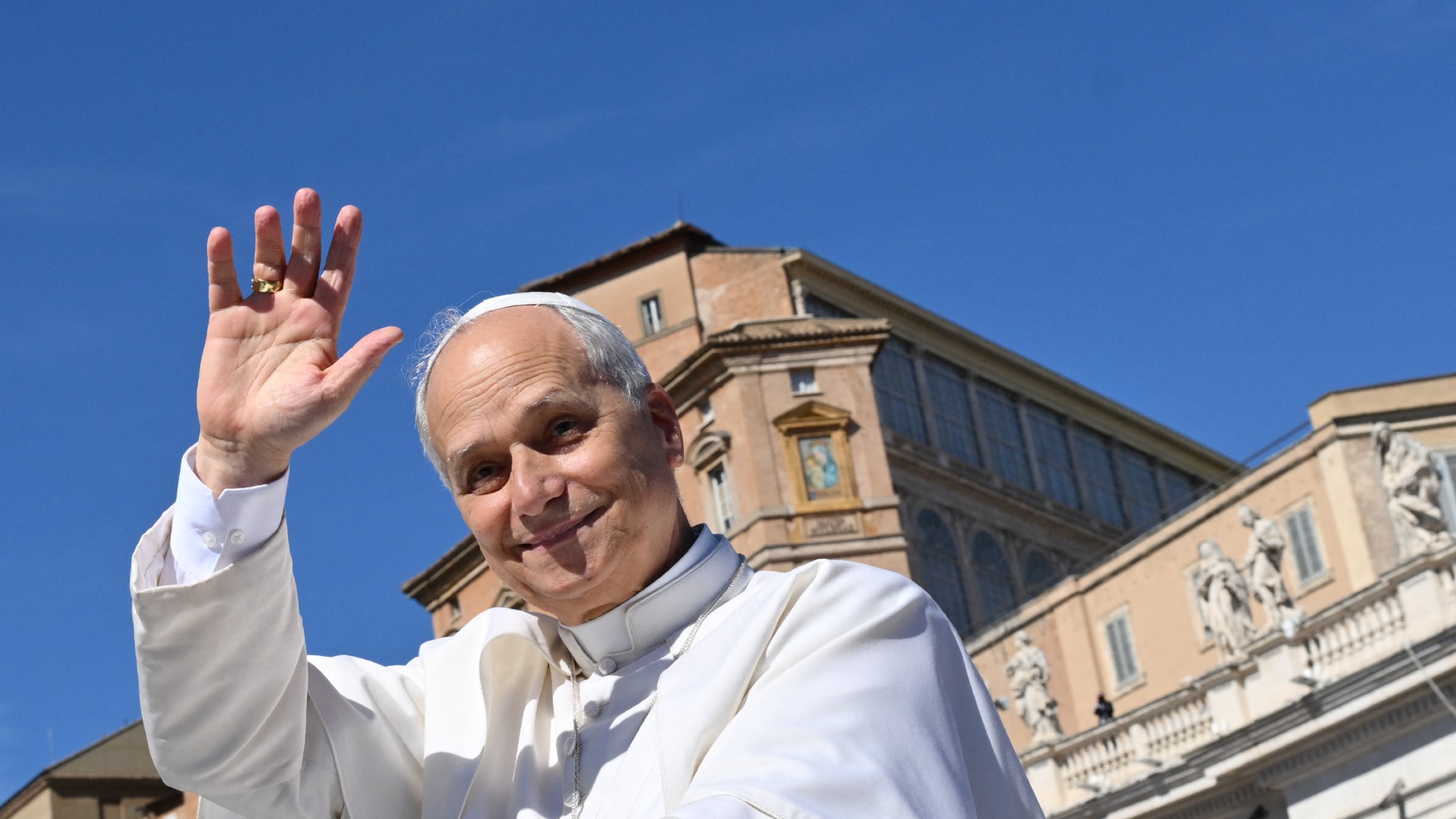 Pope Leo wants to change the Vatican’s murky finances
Pope Leo wants to change the Vatican’s murky financesThe Explainer Leo has been working to change some decisions made by his predecessor
-
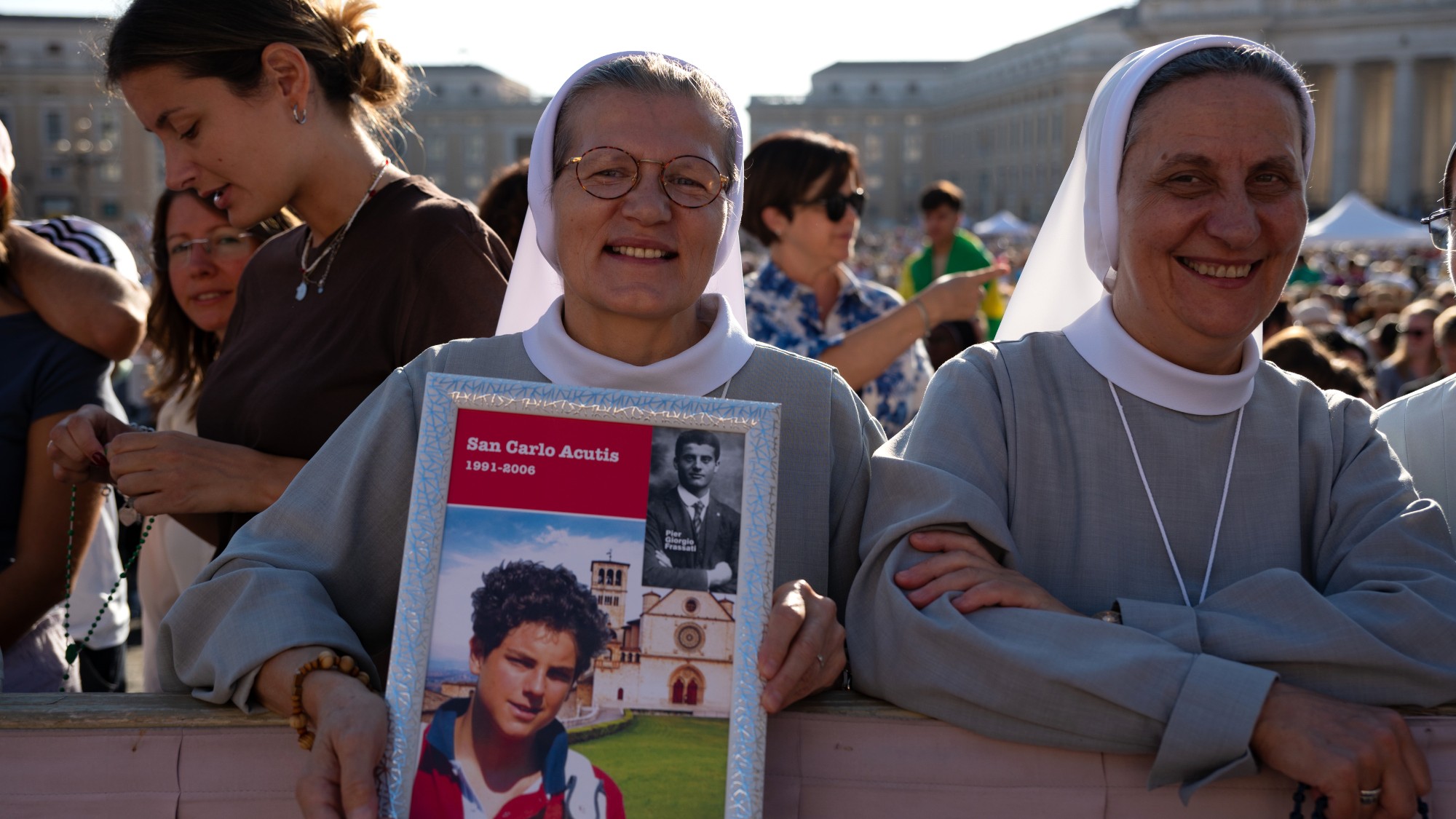 Pope Leo canonizes first millennial saint
Pope Leo canonizes first millennial saintSpeed Read Two young Italians, Carlo Acutis and Pier Giorgio Frassati, were elevated to sainthood
-
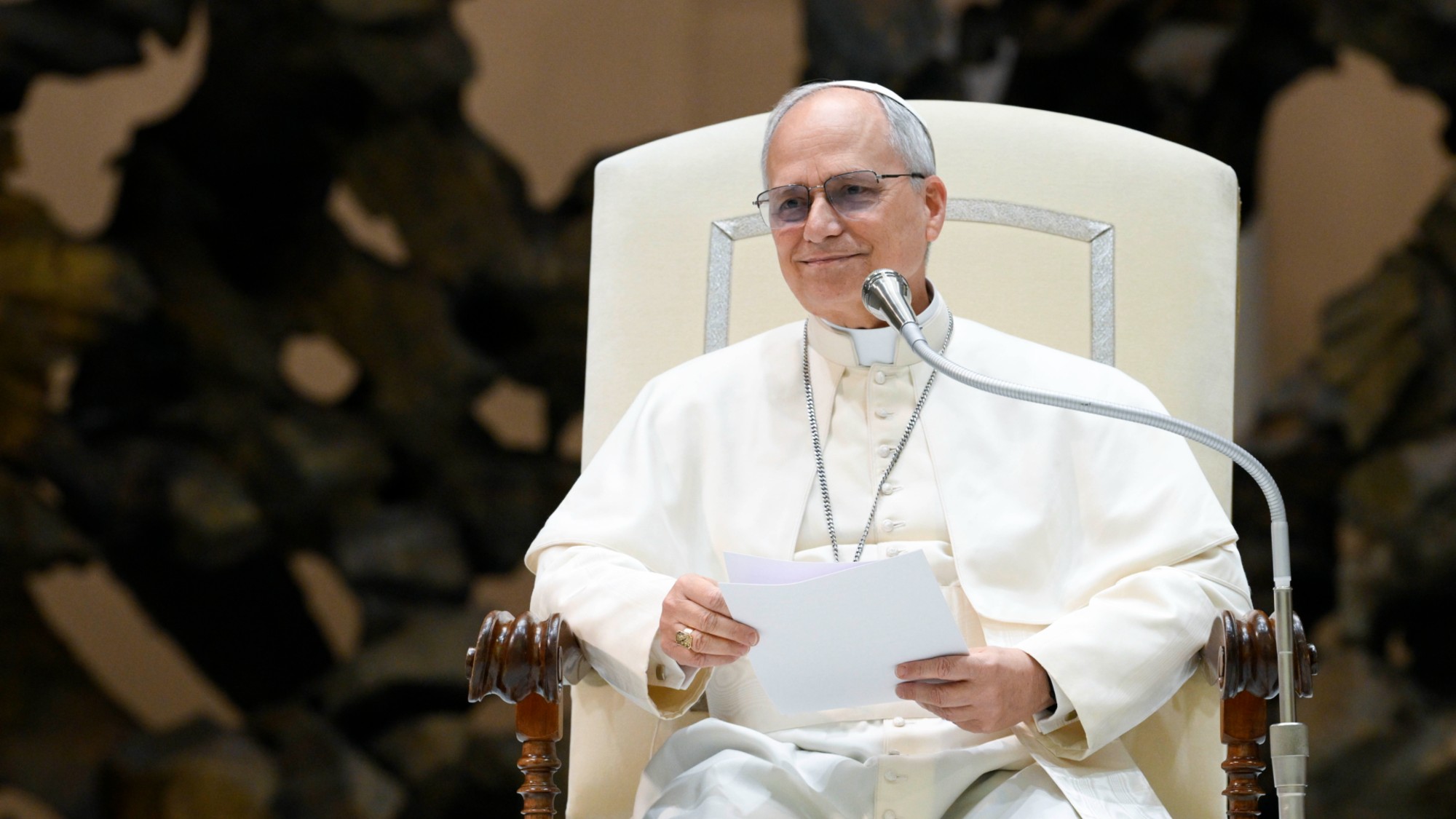 Where the new Pope Leo XIV stands on social issues
Where the new Pope Leo XIV stands on social issuesThe Explainer The first American pontiff is expected to continue some of his predecessor's work
-
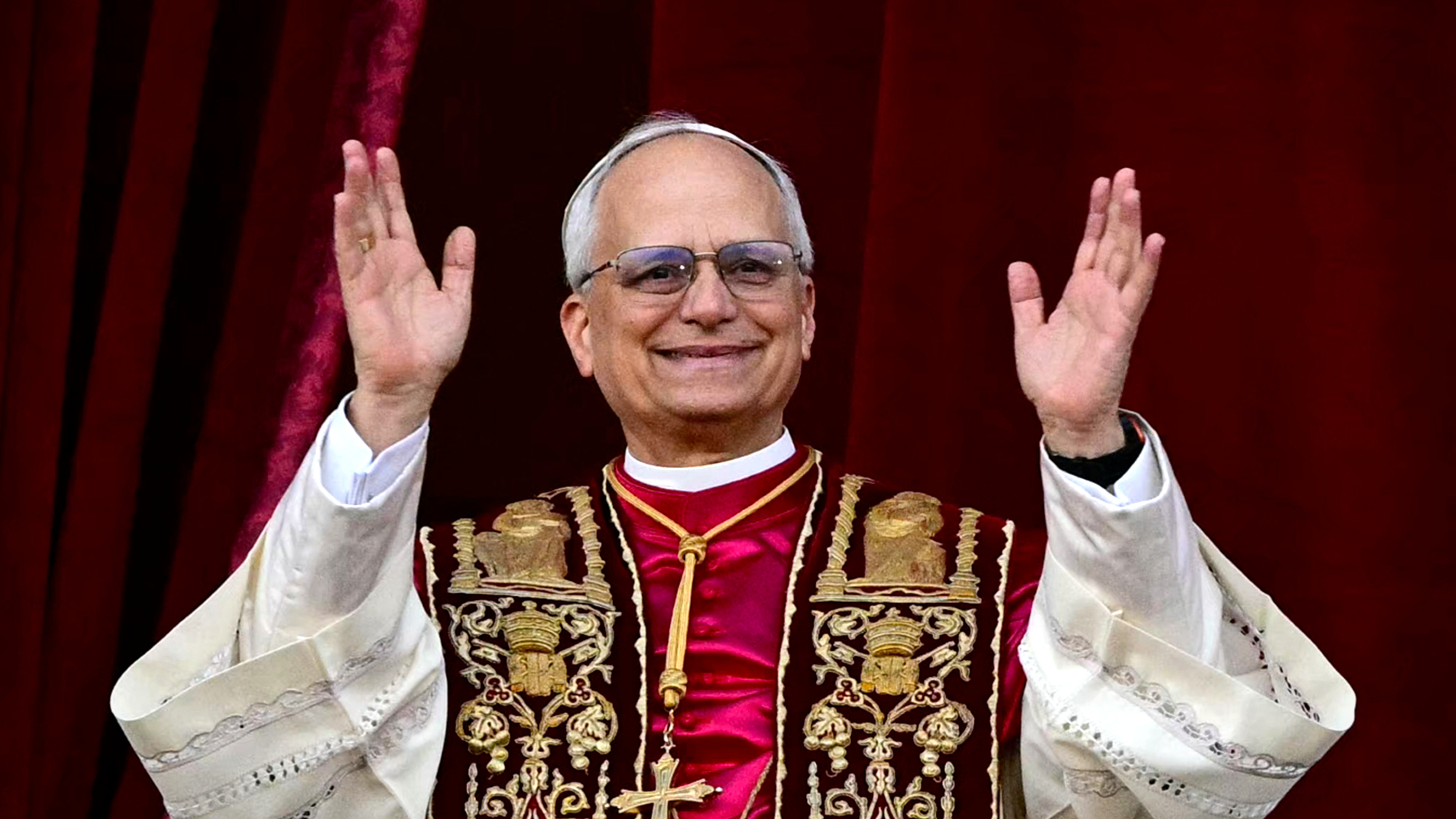 Prevost elected first US pope, becomes Leo XIV
Prevost elected first US pope, becomes Leo XIVspeed read Cardinal Robert Francis Prevost is a Chicago native who spent decades living in Peru
-
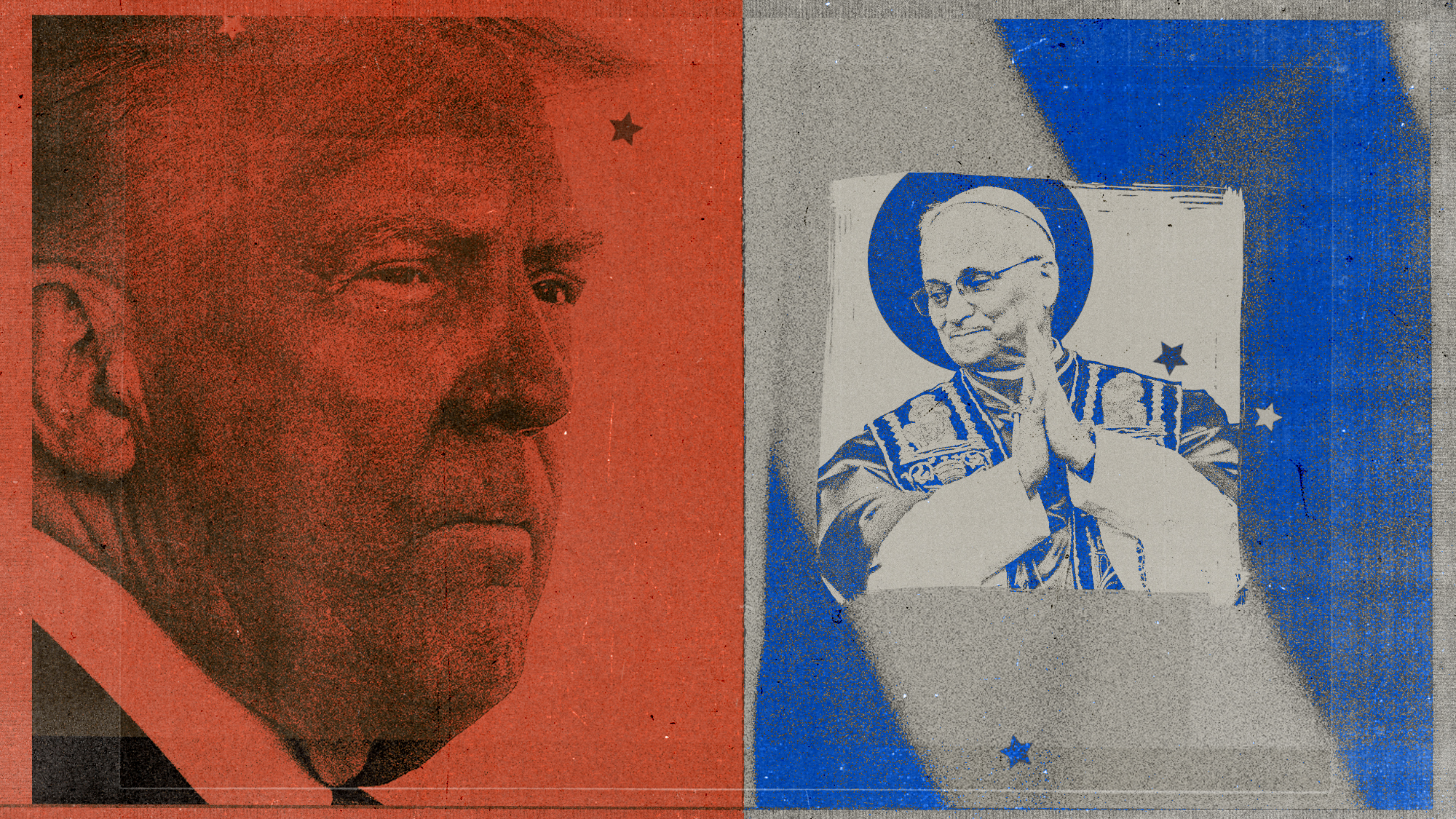 Leo XIV vs. Trump: what will first American Pope mean for US Catholics?
Leo XIV vs. Trump: what will first American Pope mean for US Catholics?Today's Big Question New pope has frequently criticised the president, especially on immigration policy, but is more socially conservative than his predecessor
-
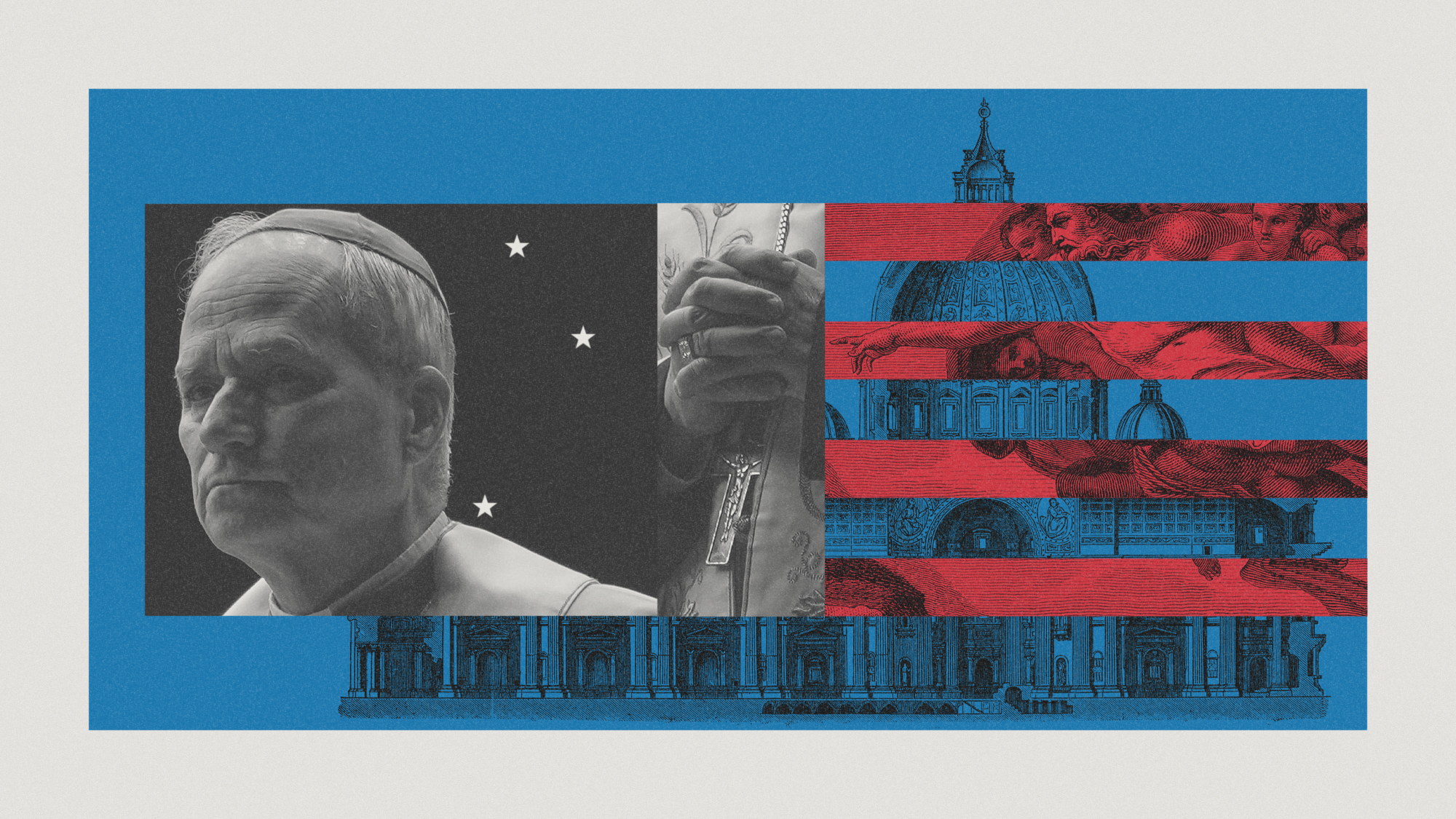 Could the next pope be an American?
Could the next pope be an American?Today's Big Question Cardinal Robert Francis Prevost is a possible 'superpower pope'
-
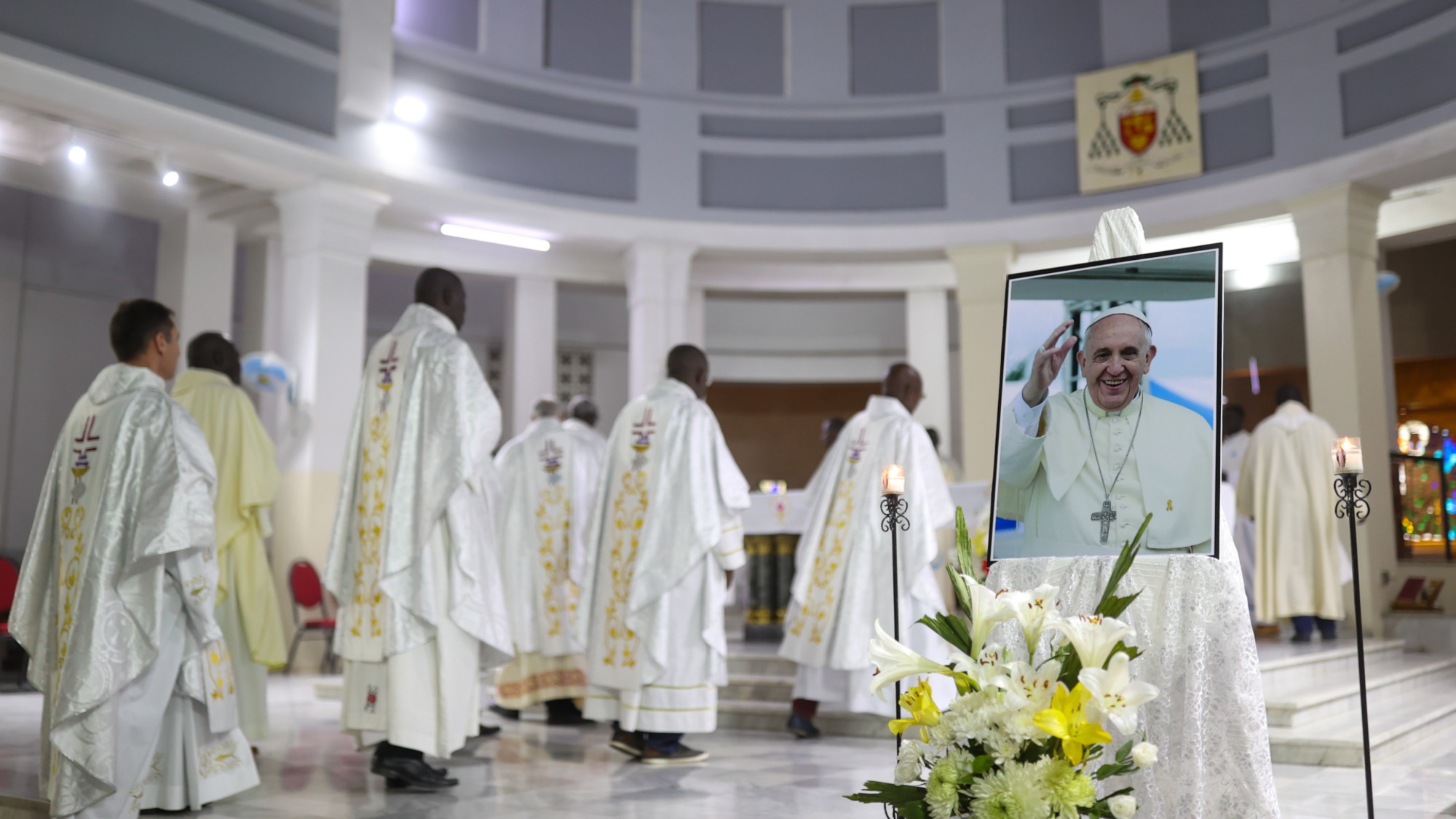 What would an African pope mean for the continent?
What would an African pope mean for the continent?Today's Big Question The Catholic Church has never had a pope from Africa in its modern history